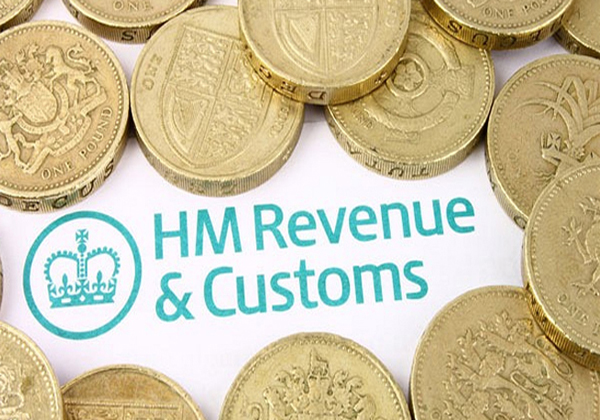WHAT IS A COMPLIANCE CHECK?
A compliance check can be anything from a five-minute phone call, to sort out a minor arithmetical error, to a major investigation into a company’s fraudulent activities – and everything in-between. HMRC’s compliance checks factsheet states, “We carry out checks into returns to make sure our customers are paying the right amount of tax.” but it does not explain their method of selection.
Only a tiny percentage of checks are random, the vast majority arise from an analysis of the risk of your tax being incorrect. At the start of the investigation it may not be clear why your tax affairs are being investigated and HMRC may not tell you. You should ask and be persistent - why should you answer questions when you do not know the context?
Their factsheet goes onto state, “We carry out some checks over the phone. If we phone you, you can ask us to write to you instead.” But should you talk to them on the phone? It’s fine if the matter is straightforward and you are comfortable with dealing with the issue on the hoof, but be aware that these conversations may be recorded or detailed notes taken. At a later point in the investigation these notes may be produced to support the case against you.
If you do agree to talk with HMRC on the phone and you start to feel out of your depth remember you can end the call at any time. Just say, “I can’t talk to you anymore, you need to put this to me in writing.” Be persistent and clear, if you are uncomfortable talking to them on the phone it is your right to request written clarification.
They also state, “Some types of check can only be done within a certain time limit” HMRC have considerable powers but there are often rigid time limits to their activities. For example enquiries into the tax return of an individual have to be started within 12 months of the filing date of the return (usually 31st January after the end of the relevant tax year).

Enquiries into the returns of small companies generally have to be made within 12 months of the date the return was received.
They do make provision for more in depth investigation however, “If we find something wrong we may extend our check… we may check earlier periods.” Don’t let this word “check” fool you, this is an investigation. If HMRC find something wrong in your return they are likely to make an assumption that you were also incorrect in earlier years.
They can then either open up the earlier years for investigation or simply “scale back” which is a process whereby HMRC estimate how incorrect your figures were in earlier years, then add penalties and interest to calculate the amount due.
If you have found this information useful, also check out Compliance Checks Decoded, this eBook goes through HMRC’s documentation paragraph by paragraph, explaining what they actually mean and what you should know – it’s a vital read if you are at the start of an HMRC investigation.